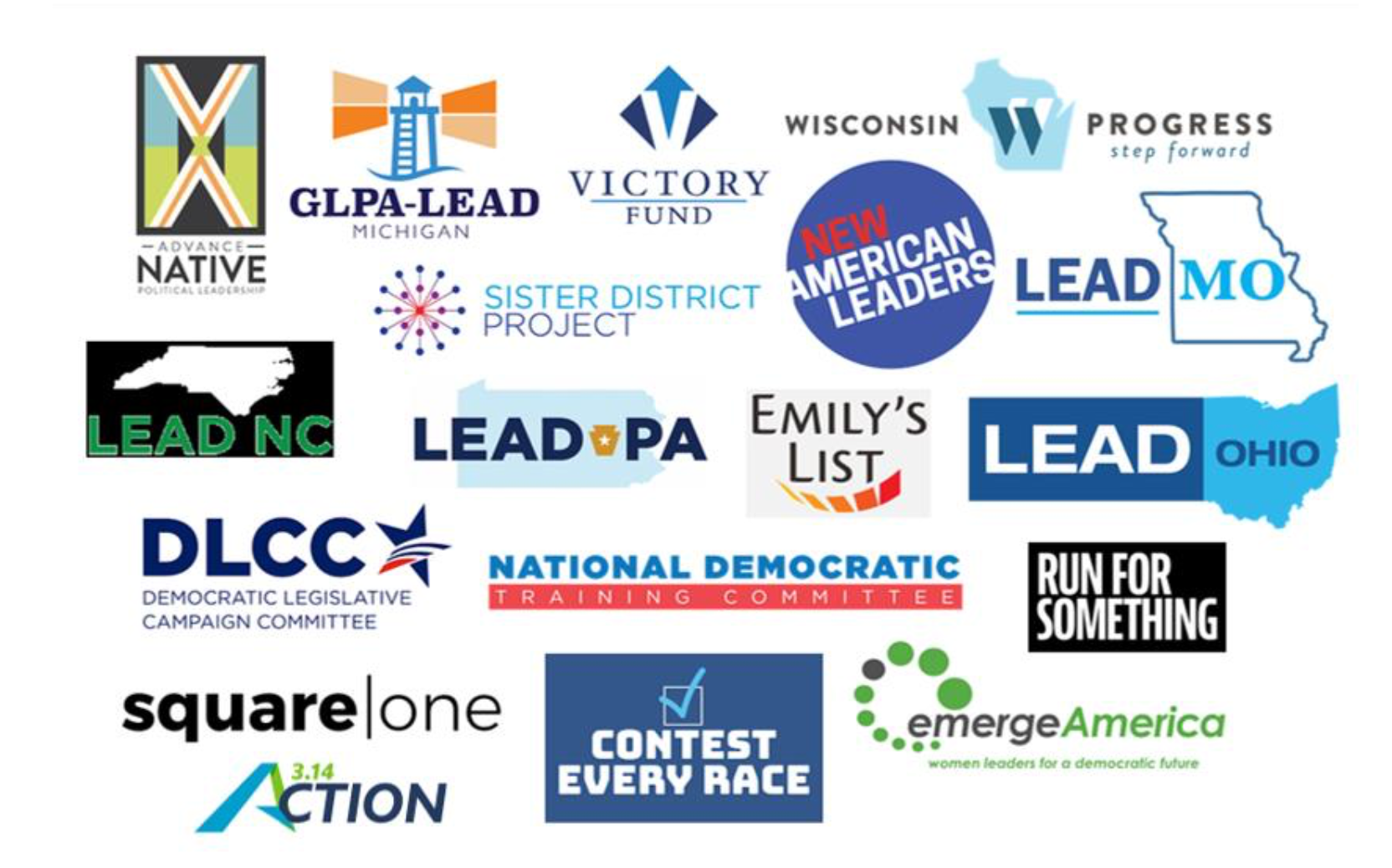Research: Survey of 2020 State & Local Candidates

On behalf of the Pipeline Initiative, Hart Research Associates conducted an online survey among 969 progressive candidates who ran (primarily) for state and local office in 2020. The explicit objective of this research initiative was to understand and learn from the experiences of these candidates, to strengthen and improve the resources and support that are available to future “pipeline” candidates. The sample (that is, the respondent pool) for this research comes from the generosity of partner organizations (listed below) who shared lists of candidates they worked with this cycle. Without their collaboration, this project would not have been possible, and we are grateful for their generosity.
Key Findings:
- Proactive recruiting is an absolutely essential component of building and maintaining the pipeline of progressive candidates for local office: more than half (52%) of candidates say they were not really thinking of running until they were encouraged or recruited to do so by others. Overwhelmingly, this majority group of candidates say they would not have run if they had not received this push.
- Candidates’ motivations to run center on their commitment to issue advocacy, greater and more diverse representation, and the need for both a new direction and more effective government. More than half of candidates cite each of these as very major reasons why they ran in 2020. While being part of the effort to defeat President Trump and his agenda and more strategic considerations about the electoral dynamics and the conditions of this election cycle were factors, they were overshadowed by the desire to pursue a broader, positive vision.
- Overwhelmingly, these candidates report that campaigning during the coronavirus was one of the defining challenges for them in 2020 and the pandemic affected nearly every aspect of their experience.
- The experience of running for office is deeply personal for candidates for state and local office and it has broad and far- reaching impacts on core aspects of their lives and the lives of their families. Most candidates went into the campaign with sober, but realistic, expectations about these personal challenges, and they are especially eager for more support in this regard.
- The experience of harassment and intimidation on the campaign trail is very real for state and local candidates. The reality of what candidates brave in this current political climate and the targeted support they need to cope with these threats come through very clearly in these findings: about three in five (59%) candidates report that they experienced harassment, threats, or attempts at intimidation (including more than one in 10 who characterized the scope of this coercion
as a “major” amount.) - While many of these candidates struggled to attain the resources and support they needed to run effective campaigns, the role of outside groups was valuable for many; importantly, these findings provide clear feedback about how this assistance can be even more useful in the future. While a majority (59%) of candidates said they had all or close to all the resources they needed to run effectively in the general election, 41% said they did not. When it comes to the role third-party groups played, about four in 10 (41%) candidates report receiving assistance, but 36% said they received very little or no support. (Notably, candidates in red districts— especially those running for the first time— report having fewer resources and less support from third-party groups than candidates in more competitive districts.) Overwhelmingly, candidates affirm that recruiting volunteers was their single biggest challenge and the area in which they need the most support from allies.
- Encouragingly, candidates for local office appear to have broad access to trainings and they overwhelming describe them as useful and valuable—but only half are aware of their volunteers/staff having access to trainings. Perhaps not surprising, given the nature of the list of candidates who were sampled for the survey, 81% report that they attended candidate trainings (while very encouraging, this is not likely to be as common for all candidates for local office across the country). A strong majority (63%) describe these trainings as useful.
- Newly elected candidates have a broad have a lot to learn to be effective in their new positions.
- While most candidates who were unsuccessful this cycle say they are open to running again, they clearly need encouragement to do so; not leveraging these seasoned candidates for another run would be a huge missed opportunity in strengthening the pipeline of progressive local candidates.

